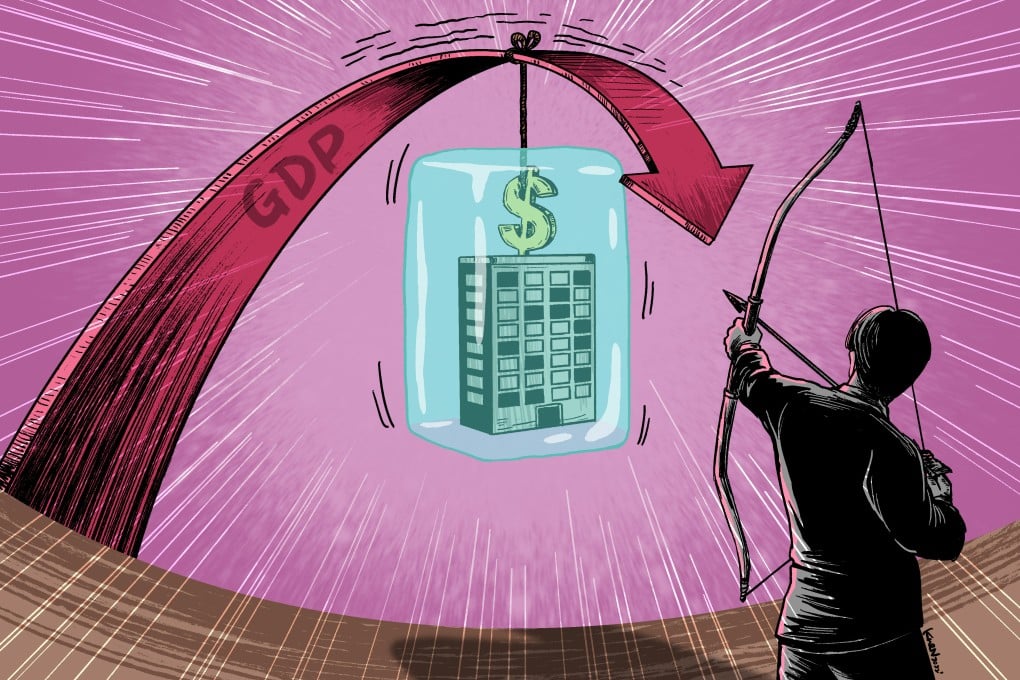China’s property policy ‘arrows’ set to rescue developers, but with buyers’ faith shaken, will boom times return soon?
- The policy ‘arrows’ Beijing fired in November will aid developers, but observers differ on the timing and magnitude of a rebound for the US$2.55 trillion market
- Faith in price appreciation has been shaken, and demographics do not favour a return to the boom conditions of the last two decades, some analysts say

Four years ago in Shenzhen’s Nanshan district, home to the headquarters of tech giants Tencent and Baidu, nearly 1,000 applicants braved long queues in hot weather for a chance to buy one of 167 flats.
Each hopeful had deposited 5 million yuan (US$715,000) to participate in the city’s first public housing lottery – a scheme specially designed for situations where demand from interested buyers far exceeded supply.
Some of the would-be buyers stopped at temples to pray before joining the queue, and some brought lucky coins. The line included a cross-section of society, from children in strollers to elders using canes, with individuals and families hoping to buy flats priced at 140,000 yuan per square metre.
Today in the same neighbourhood, the queues are gone, and surplus homes abound. The One Bay development by state-backed Tagen Group recently managed to woo only 387 buyers for 416 units on offer, despite an average price of 96,000 yuan per square metre.

“You cannot imagine how poor sales are in other cities in China if the hottest market dipped into a freeze like this,” said Tommy Wu, senior China economist with Commerzbank.
